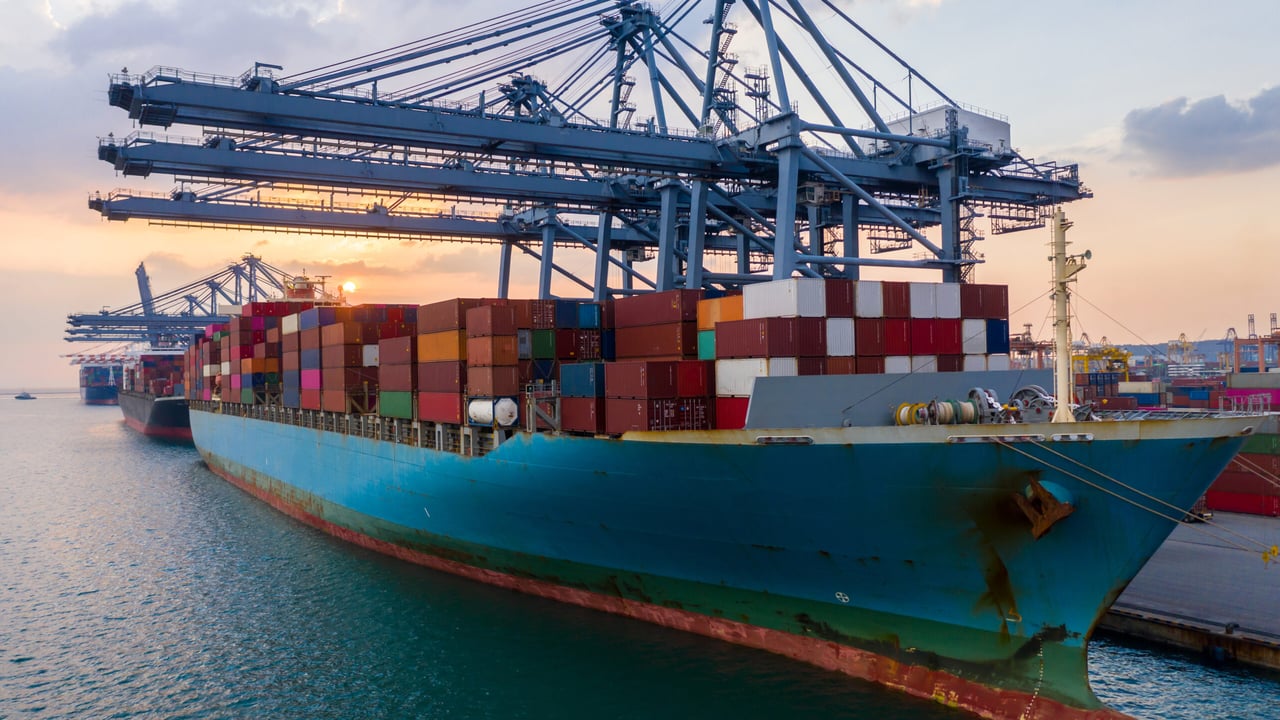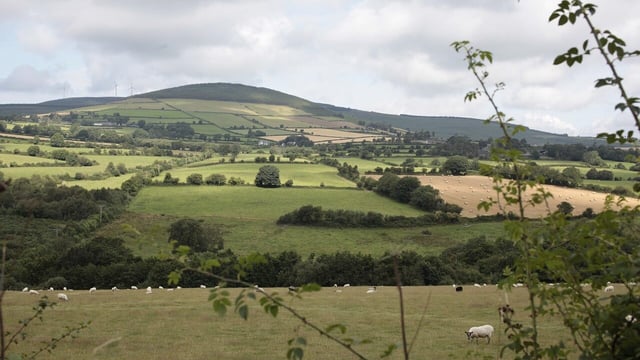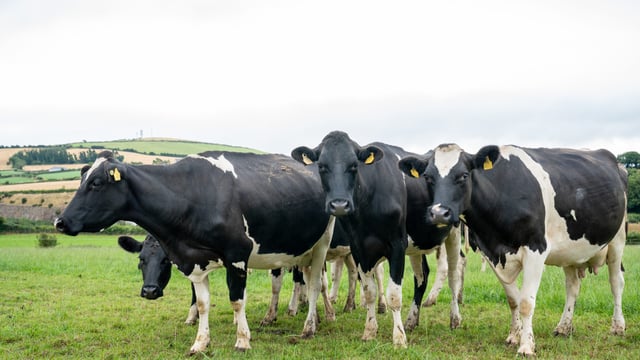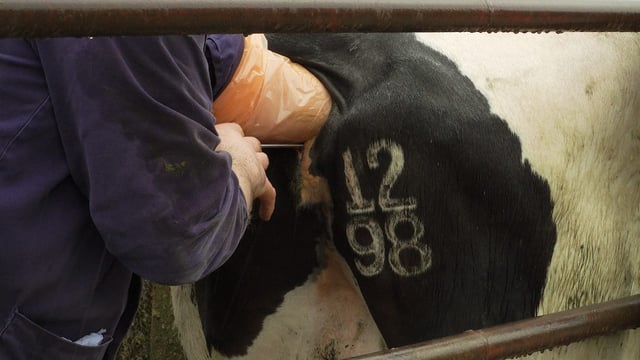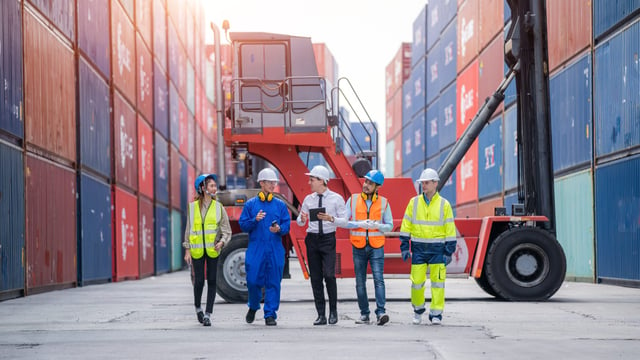Who might be worst affected by US tariffs?
US tariffs on European goods will "impact the profit line and increase cost for the consumer", according to the head of customs and international trade services with BDO, Carol Lynch.
Speaking on Agriland's AgriFocus podcast this week, Lynch said: "At the end of the day somebody has to take the hit.
"It’s either going to be the consumer, the manufacturer, or the seller. One of those three has to be hit.
"It’s up to the company doing the manufacturing to look at both sides of the equation and see where they can work with the figures to maintain a profit level. Somebody has to get hit, somebody has to absorb those additional costs. Who is it going to be?"
Lynch explained that a tariff is a tax on importing goods into a country - when a product is imported into a country, at the point of arrival, a customs tariff is applied.
"Tariffs originated as a protectionist measure.
"Ultimately, you wanted to ensure you were buying goods locally, keeping locals employed"
"That extended into Europe and the EU, and the requirement to access the EU from outside the EU. You pay a tariff which would support EU producers to manufacture here," she added.
Tariffs
Lynch also outlined the current structure of Ireland's global economy.
"Ireland is a very open economy, and we have built our economy based on open trade, international trade, access to the EU, and encouraging inward investment.
"The country is too small to sustain a market here on it’s own so we’ve gone down the road of being an international trade market, we have a very open economy. Our exports continue to grow on a year-on-year basis," she added.
According to Lynch, consumers and manufacturers are "hit both ways by tariffs".
"The world as it stands has global supply chains.
"Very few things get manufactured in one place and get exported and sold as finished. Goods move around all the time.
If you impose customs duties in between on those supply chains, everyone gets hurt," she said.

